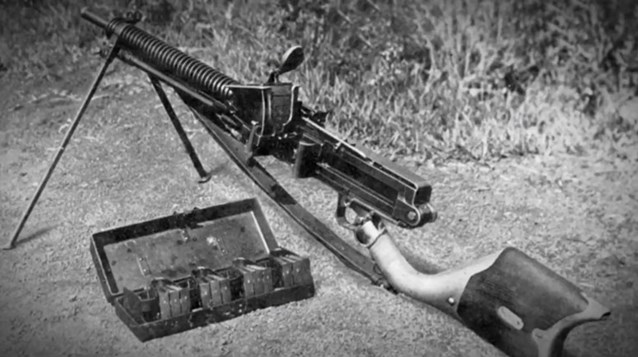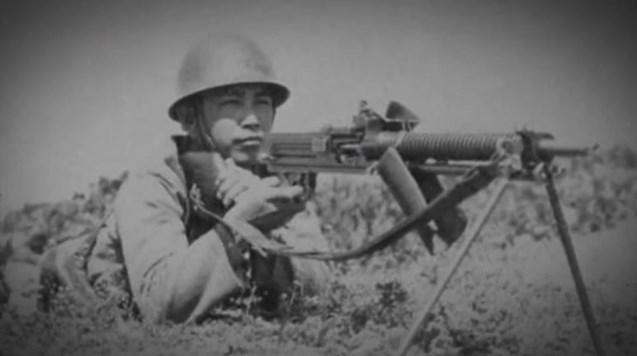The U.S. Army would enter the 19th century equipped with a smoothbore flintlock musket that differed little from the designs of the past, and it would exit the century with a modern, bolt-action, repeating rifle that used smokeless powder ammunition.



